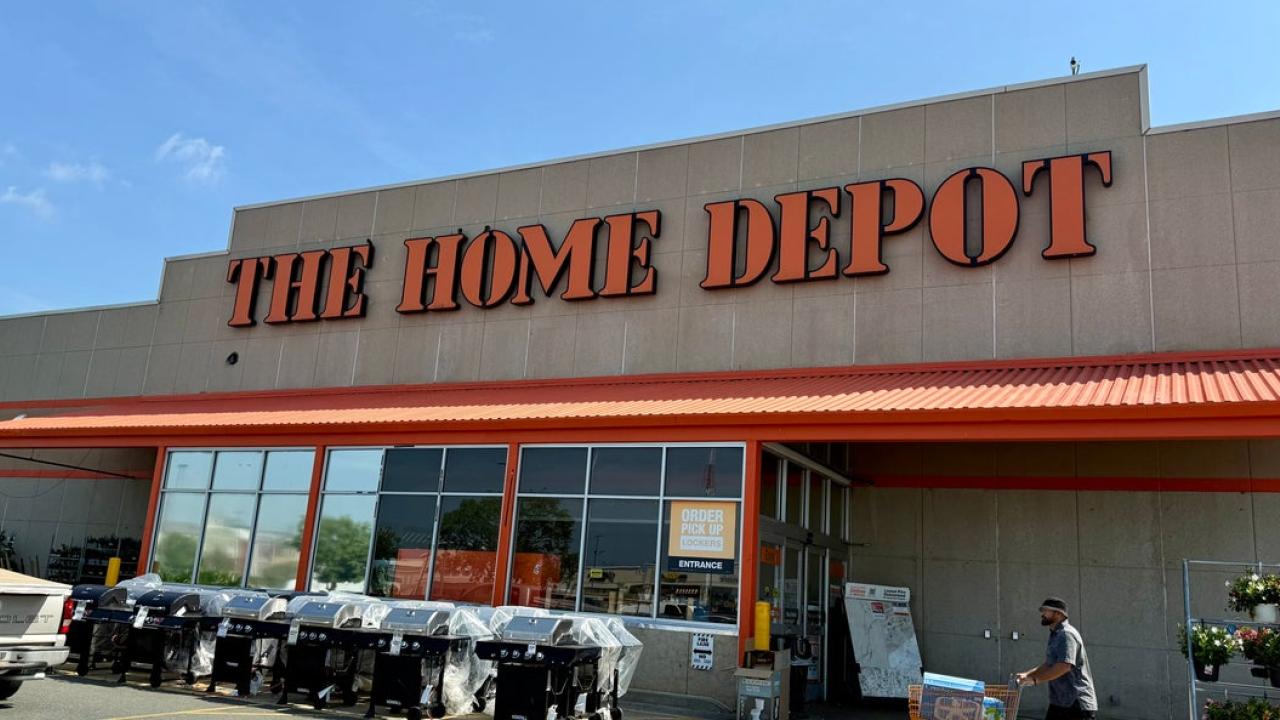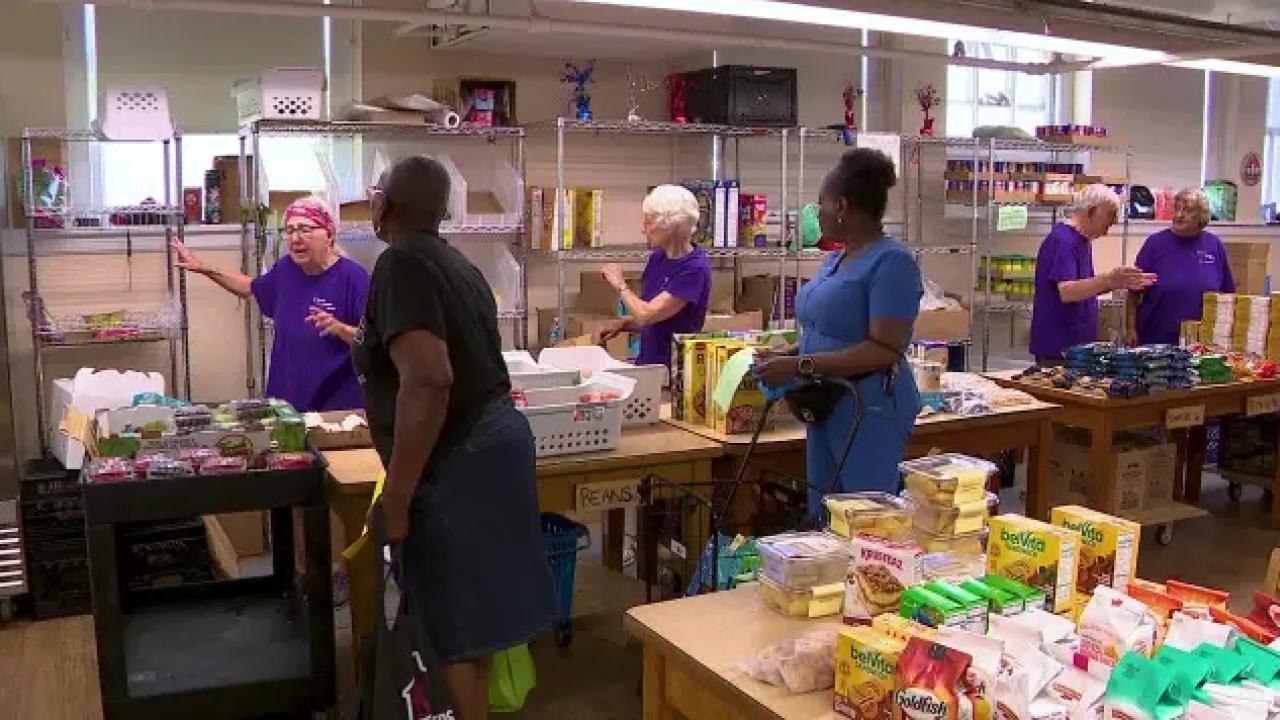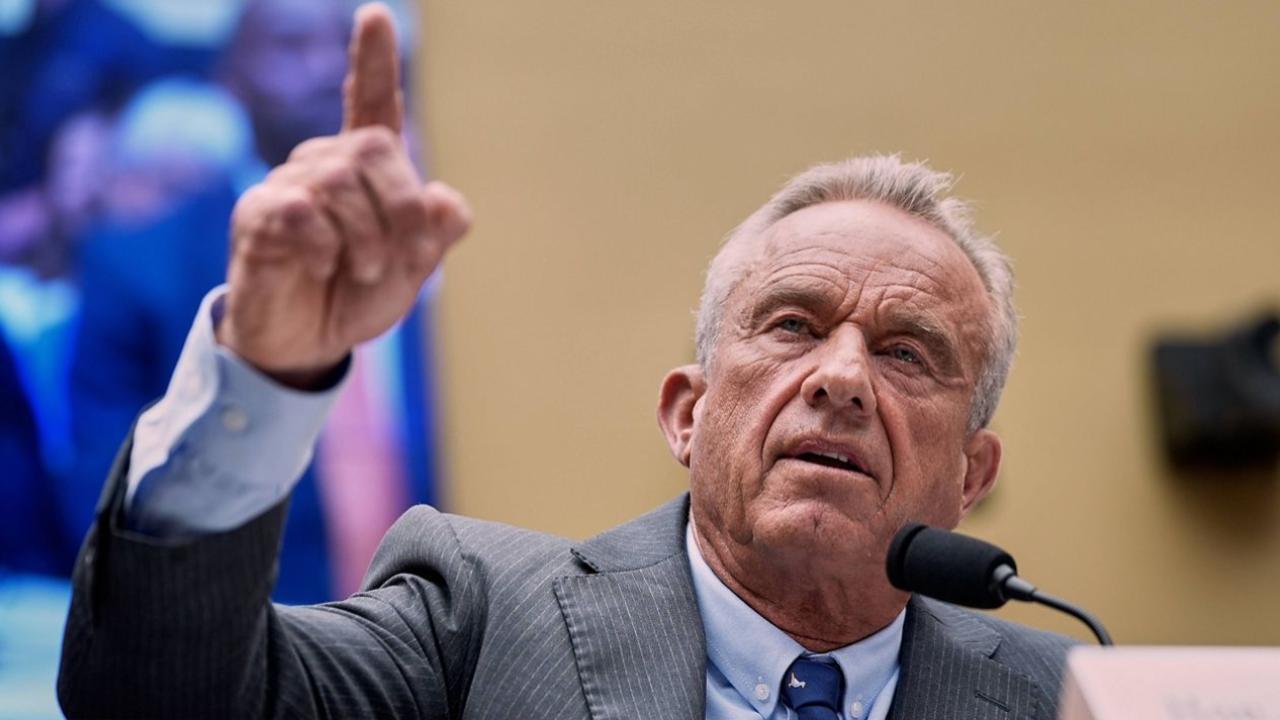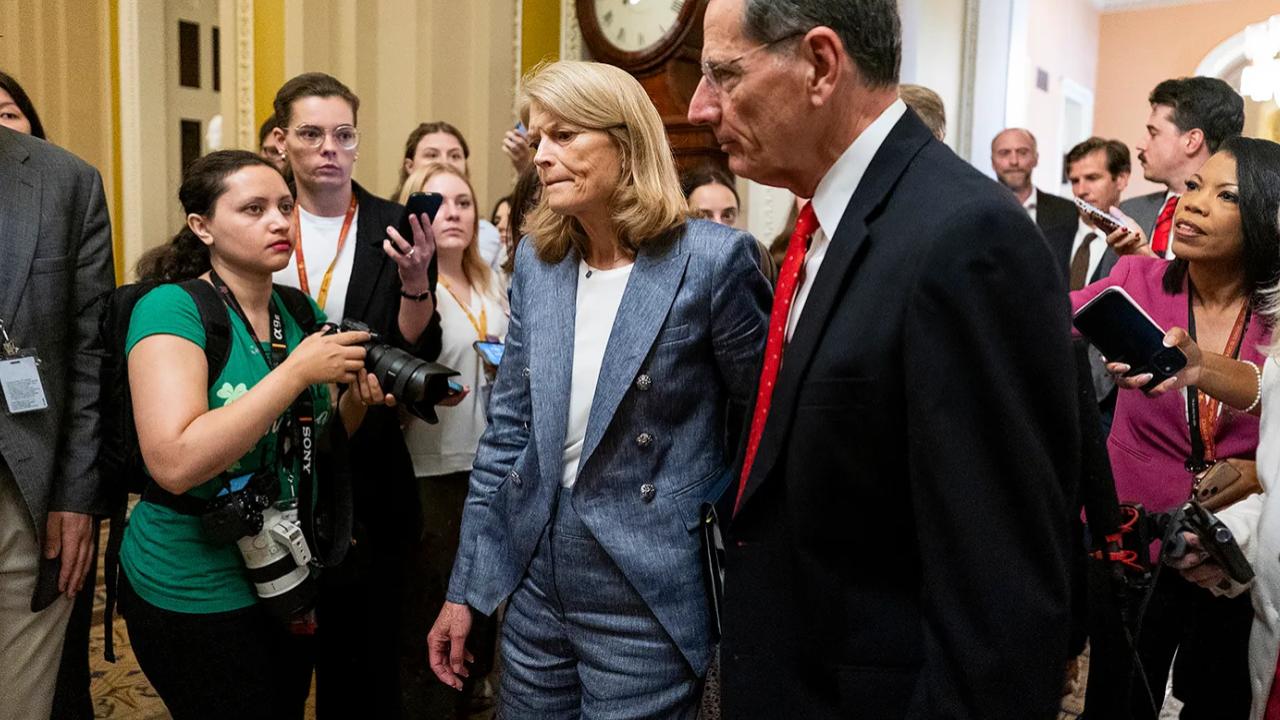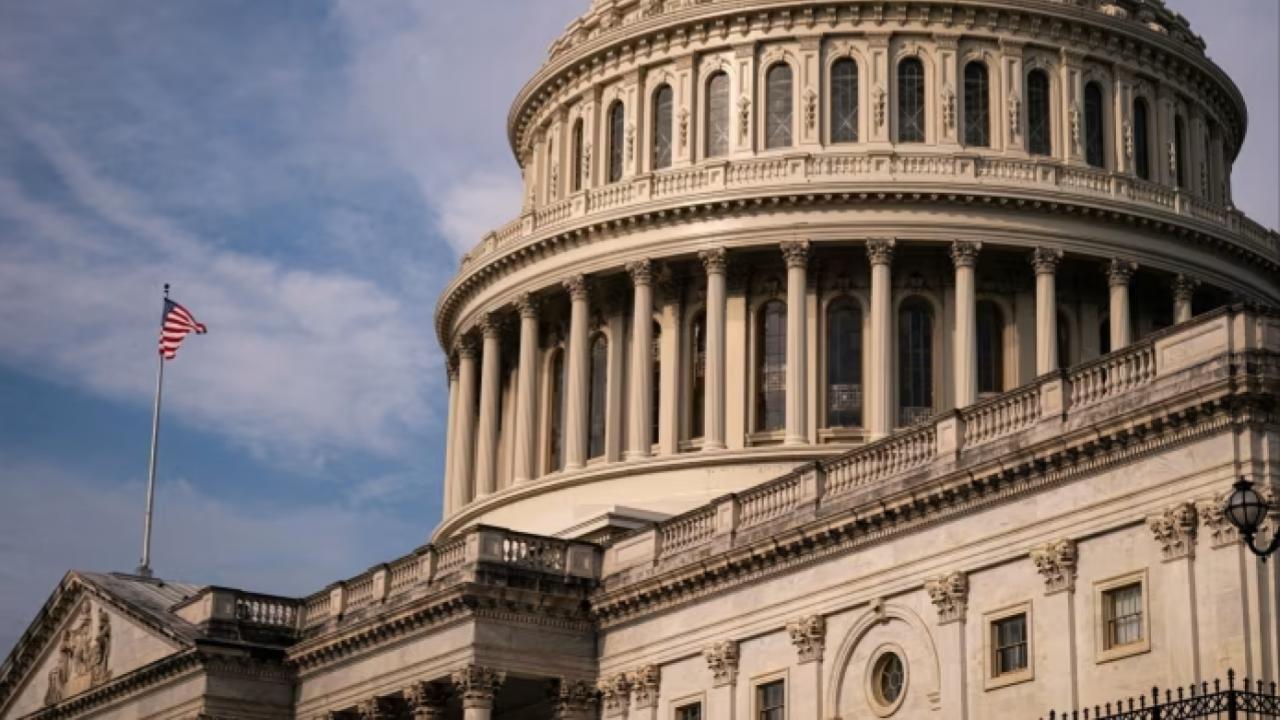A sweeping new piece of legislation, dubbed the One Big Beautiful Bill Act (OBBBA), is causing alarm among healthcare advocates and policy analysts alike for its dramatic overhaul of Medicaid and the indirect blow it delivers to Medicare. Marketed by its supporters as a cost-cutting and entitlement-reforming triumph, the bill has ignited controversy for what critics call one of the largest rollbacks of healthcare coverage in recent history.
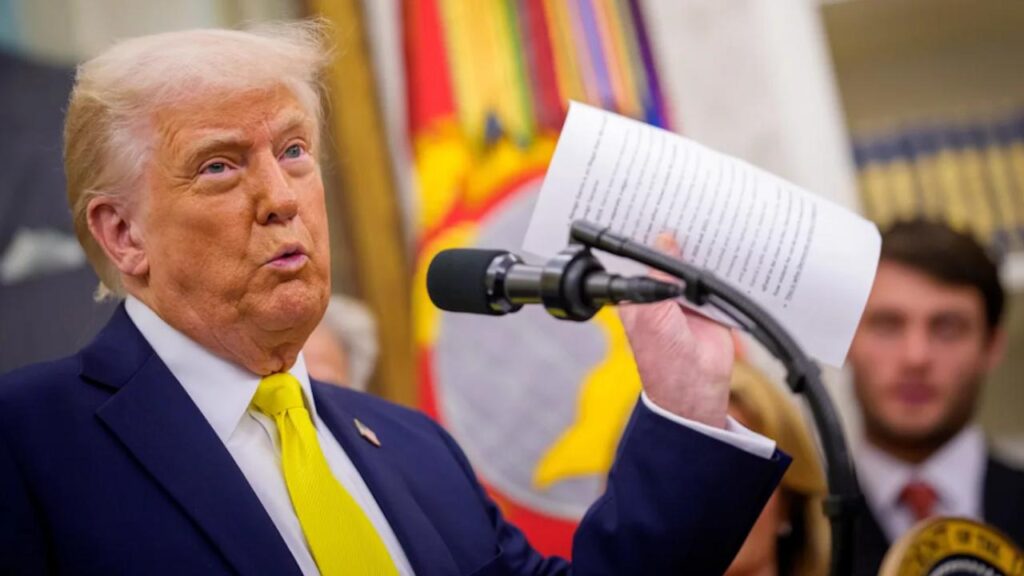
Medicaid Slashed: Millions at Risk
The most immediate impact of the OBBBA is a series of deep Medicaid funding cuts. The House version proposes reducing the program by nearly $800 billion over 10 years, while the Senate version could reach up to $1 trillion. The nonpartisan Congressional Budget Office estimates that these reductions would result in over 10 million Americans losing coverage by 2034.
Among the bill’s most contentious provisions is a national work requirement for adults ages 19–64. To maintain eligibility, recipients must work, study, or volunteer at least 80 hours per month beginning in 2026. The Senate version goes further, applying these rules to parents of children over age 14.
“These requirements ignore the realities of low-wage jobs and caregiving responsibilities,” said a spokesperson for the National Health Law Program. “They will result in eligible people losing coverage simply because they can’t meet the paperwork.”
The bill also doubles eligibility verification frequency and tightens asset limits, capping home equity at $1 million with no inflation adjustments. Critics say this will disproportionately harm seniors and people with disabilities who rely on their home equity as a form of security.
Administrative Barriers Roll Back Protections
Beyond funding cuts, the bill would undo many Biden-era Medicaid simplification rules, including automatic enrollment in Medicare Savings Programs for dual-eligible individuals—those who qualify for both Medicare and Medicaid. Roughly 1.3 million low-income seniors and people with disabilities could lose supplemental help with premiums, prescription drug costs, and long-term care.
“These rollbacks are cruel and entirely unnecessary,” said Diane Rowland of the Kaiser Family Foundation (KFF). “This is administrative red tape with real human consequences.”
Medicare: Indirect But Deep Cuts
While Medicare is not directly slashed in the OBBBA, the bill’s projected $2.3 trillion increase to the federal deficit could trigger automatic reductions through PAYGO (Pay-As-You-Go) rules. The result: up to $500 billion in Medicare cuts over the next decade.
These automatic cuts would particularly affect dual-eligibles, who rely on Medicaid to cover services Medicare doesn’t—like dental care, nursing homes, and help with copays. With Medicaid support weakened, these individuals may face serious out-of-pocket costs or be forced to go without care altogether.
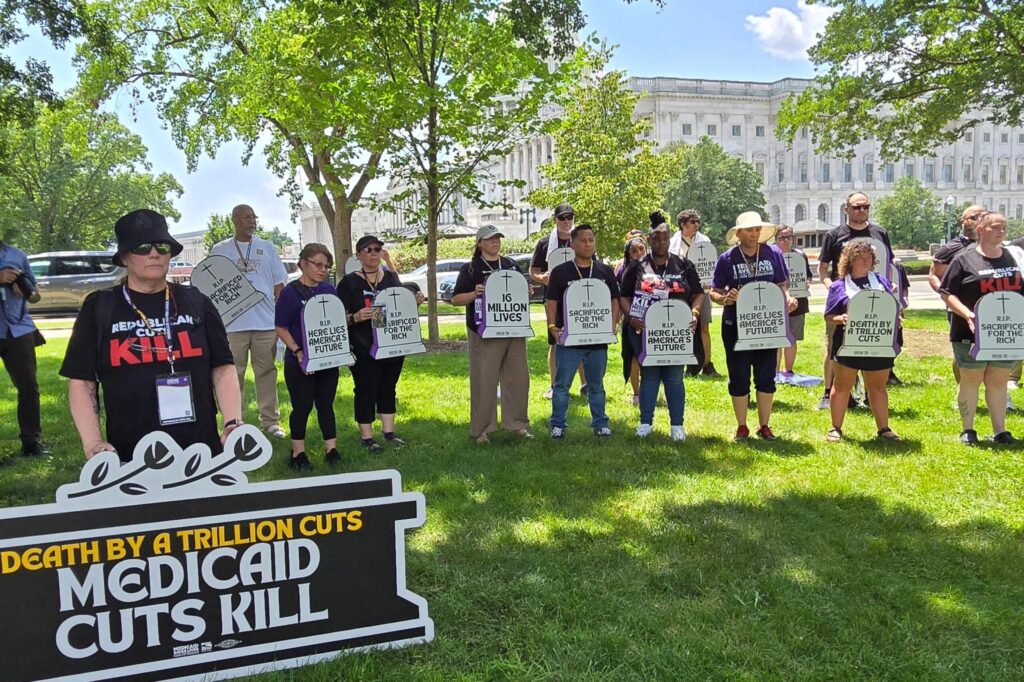
Vulnerable Groups Hit Hardest
The bill has sparked criticism from a broad range of advocacy organizations who say the changes disproportionately harm the most vulnerable populations, including:
- Low-income seniors
- People with disabilities
- Working-class parents
- LGBTQ+ individuals seeking gender-affirming care
- Rural residents dependent on Medicaid-funded providers
“Cutting food stamps and Medicaid to fund tax breaks is not fiscal responsibility—it’s social cruelty,” said Rep. Pramila Jayapal (D-WA) during a floor speech opposing the bill.
What’s Next?
The bill has passed the House and is currently under heated debate in the Senate, with a final vote expected shortly after the July 4 holiday. Amendments are being considered, but analysts say the core framework is unlikely to change significantly without major political pressure. For now, the message from healthcare advocates is clear: watch closely, speak up, and prepare for impact.

